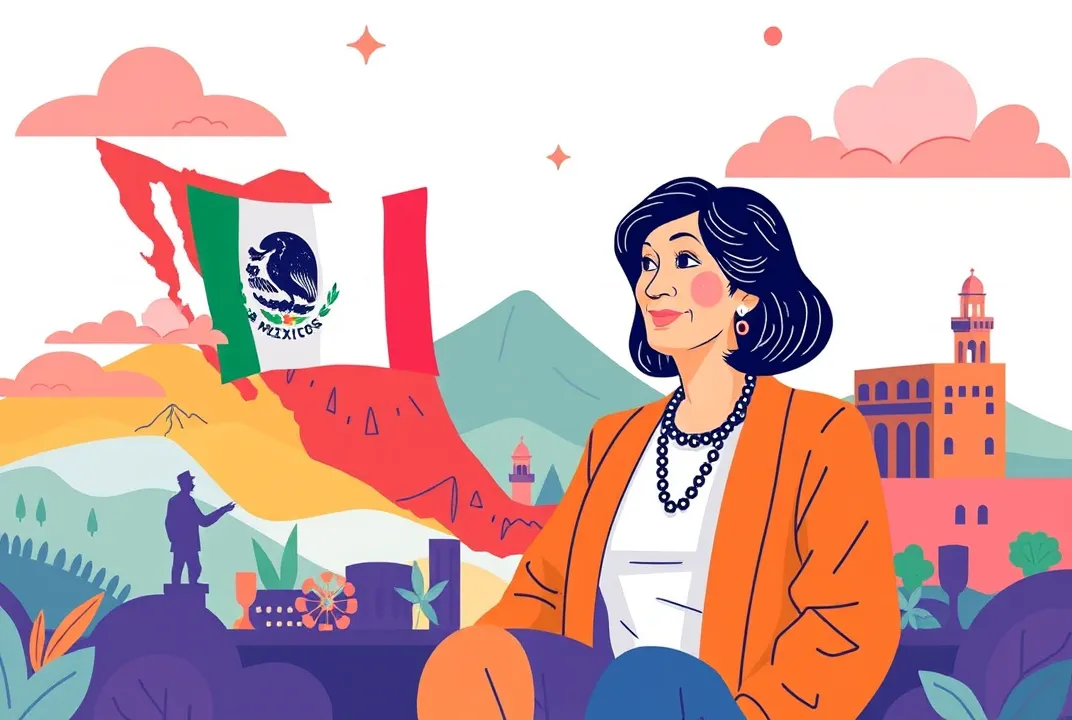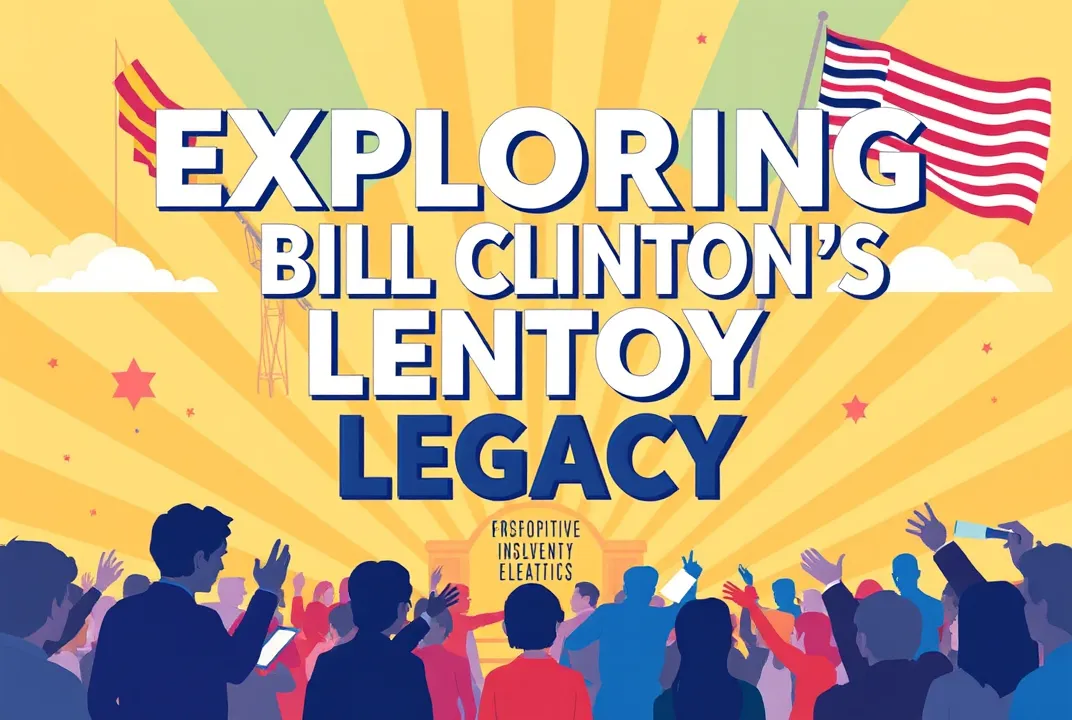Introduction: The Historical Context of RFK’s Confirmation
On a crisp day in October 2023, the political landscape of the United States shifted dramatically with the confirmation of Robert F. Kennedy Jr. (RFK) as a pivotal figure within the administration. This event didn’t just mark another notch in the political timeline; it resonated deeply with historical echoes from a family legacy that has shaped American politics for decades. RFK, known for his controversial views and staunch advocacy, now steps into a role that could redefine the contours of contemporary governance. As we explore the implications of this confirmation, we delve into the rich narrative of his family's history and the challenges that lie ahead.
The Legacy of the Kennedy Family
A Family of Leaders
The Kennedy family is synonymous with political ambition and tragedy. From John F. Kennedy's presidency marked by the Cuban Missile Crisis to Robert F. Kennedy's assassination in 1968, the Kennedys have occupied a unique place in American consciousness. Robert F. Kennedy Jr. carries the weight of this legacy, aiming to forge his own identity while navigating the expectations that come with his name.
RFK Jr.'s Journey
RFK Jr. has carved a distinct path, becoming an environmental attorney and a vocal critic of vaccine policies. His confirmation raises questions about how his views will influence policy, especially in the wake of polarized opinions surrounding public health and environmental issues. With a family history steeped in civil rights and justice, RFK Jr. is now positioned to advocate for reforms that resonate with both his legacy and contemporary challenges.
The Confirmation Process: A Turning Point
Political Climate and Controversy
RFK Jr.'s confirmation was not without contention. As the political climate continues to polarize, many senators expressed their concerns regarding his past statements and their potential implications on public health policies. The confirmation hearings became a battleground for opposing ideologies, showcasing the deep-rooted divisions in Congress and among the populace.
Key Moments in the Hearings
The confirmation hearings were marked by passionate debates. RFK Jr. defended his stance on vaccines and the environment, asserting that his views stem from a desire to protect public health and advocate for accountability in pharmaceutical practices. His articulate responses drew both criticism and support, illustrating the complexities of modern political discourse.
Implications of RFK’s Role
Environmental Advocacy
With climate change at the forefront of global discussions, RFK Jr.'s confirmation signals a potential shift in environmental policy. His strong advocacy for clean energy and sustainable practices suggests that he may push for more aggressive measures to combat climate change. This could mean increased funding for renewable resources and stricter regulations on pollutants, aligning with the broader goals of the current administration.
Public Health Policies
RFK Jr.’s controversial stance on vaccines raises critical questions about public health directives moving forward. His position could lead to more comprehensive discussions on vaccine transparency and accountability, especially as the nation grapples with the aftermath of the COVID-19 pandemic. Balancing public safety with individual rights will be a significant challenge, and how RFK Jr. navigates this will be closely watched.
The Broader political landscape
Bipartisan Reactions
The political implications of RFK Jr.'s confirmation extend beyond party lines. Some Democrats view him as a potential bridge to engage with constituents wary of government mandates, while Republicans see a chance to leverage his popularity among certain voter bases. This dynamic could reshape traditional alliances, creating a more fluid political landscape.
The Role of the Media
In today’s information age, media portrayal plays a crucial role in shaping public perception. RFK Jr. can expect intense scrutiny from various outlets, which will likely affect his ability to communicate policies effectively. The media’s framing of his actions and decisions will be essential in determining how his confirmation impacts public sentiment.
A New Chapter for the Kennedy Family
Personal Reflections
RFK Jr.'s journey into this prominent role is personal as well as political. The emotional weight of his family’s history adds depth to his narrative; he is not merely a politician but a representative of a lineage that has faced profound challenges. His confirmation represents a chance for redemption and a renewed commitment to the values his family espouses.
Future Aspirations
As RFK Jr. steps into his new role, the aspirations for change are palpable. He has expressed a desire to work collaboratively across party lines to address pressing issues like climate change, public health, and civil rights. Whether he can transcend the partisan divides will be a measure of his success and the legacy he forges apart from his family’s.
Conclusion: The Road Ahead
The confirmation of Robert F. Kennedy Jr. serves as a multifaceted event in American politics. As the echoes of the past resonate within the halls of power, RFK Jr. stands at a crossroads where legacy meets innovation. His journey is emblematic of the ongoing struggle for identity within the political arena, navigating a landscape fraught with challenges and opportunities.
As we move forward, the implications of his confirmation will unfold, revealing the depths of his impact on environmental policy, public health, and the very fabric of political discourse in America. The unfolding story of RFK Jr. reminds us that while the past shapes our present, it is our actions today that will define the future. With his unique perspective and rich heritage, Robert F. Kennedy Jr. has the potential to be a transformative figure in American politics, one whose legacy may eventually become as influential as that of his forebearers. The journey is just beginning, and the world will be watching closely as history unfolds once more.


 Claudia Sheinbaum: Pioneering Leadership and Her Vision for Mexico's Future
Claudia Sheinbaum: Pioneering Leadership and Her Vision for Mexico's Future
 Unlocking the Genius: How Elon Musk is Shaping Our Future Today
Unlocking the Genius: How Elon Musk is Shaping Our Future Today
 Remote Work Success: Tips for Boosting Productivity
Remote Work Success: Tips for Boosting Productivity
 Exploring Bill Clinton's Legacy: Transformative Policies and Modern Impacts
Exploring Bill Clinton's Legacy: Transformative Policies and Modern Impacts
 Top Trends Shaping 2023: What's Driving Change?
Top Trends Shaping 2023: What's Driving Change?